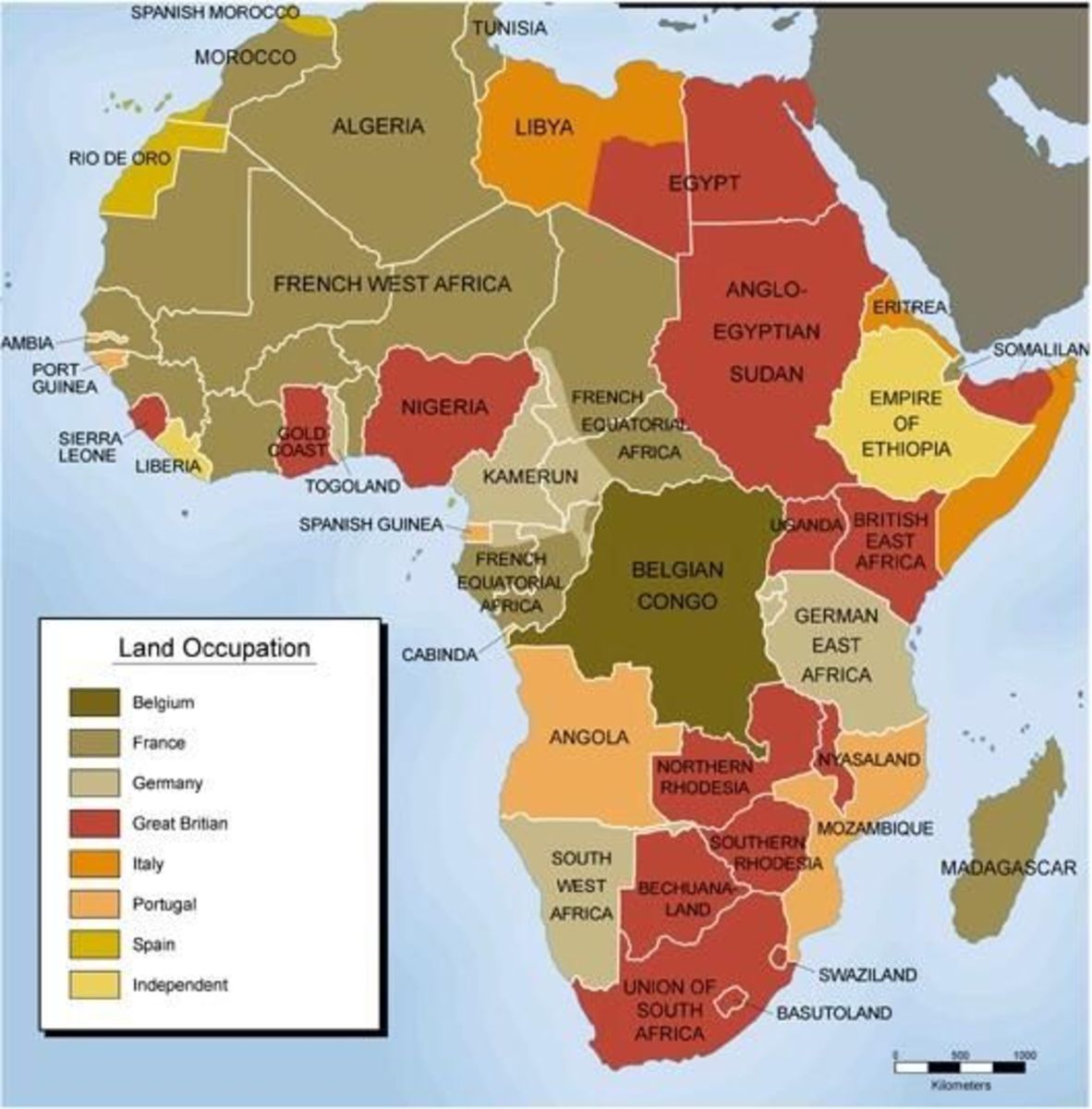Debt, a Word of the Past
World Debt

The Facts
The word debt having any meaning is a thing of the past.
Once it meant something you owed, something you were going to pay back an I.O.U. something to what you had, an obligation.
Now it seems to mean nothing, except a deficiency in what you wanted to have.
Globally, all the nations of the World owe $40,000,000,000,000. More than one third of that is owed by the United States, $14,500,000,000,000.
That means that every person in the US owes $46,500.
What is wrong with these figures?
Per Capita debt by Nation:
Japan $82,000
US $46,500
Canada $36,000
EU $25,000
Brazil $5,800
South Korea $4,600
Mexico $3,327
Cuba $2,085
Sudan $1,207
Russia $852
India $704
China $684
Pakistan $433
Ethiopia $118
Ah, I hear the Blue Suits say, “It is not how much you owe that matters, it is your ability to repay it that counts”.
I say, that is a crock. The ability to pay it back does not matter, it is the INTENTION to pay it back that matters.
The US politicians are now arguing as to how much to raise the deficit by, not how to pay it back.
For years I have heard it said: in order to make money we first have to borrow more. Hello, you’ve been trying that for years already, it isn’t working. It may in some situations but no longer in that of the US.
For example: If you gave everybody in Ethiopia $46,000 each, yes, it probably would help the country. With their new found spending power, new businesses would open. Maybe factories, which would mean the country had to import less and even export more.
No Money for the Poor

More Facts
The voting public in the “rich” countries live quite well and in order for them to continue to live “above” the rest of the World, their Politicians, unilaterally, raise their debt ceiling.
When the “poor” countries want to raise the standard of living for their people, they ask the rich countries if they may borrow. The rich countries reply: yes, but only if, you can prove to us you have good fiscal controls.
For a good model for fiscal control, where should they look Japan, the US or Europe? I don’t think so.
The truth is, the rich countries do not want the poorer ones to raise their standards, if they did, then the rich would have to borrow even more to stay ahead.
This is what is called a FAIR market and international EQUALITY. Perhaps there are more words that used to mean something but are eroding, just like any forms of good budgetary management.







